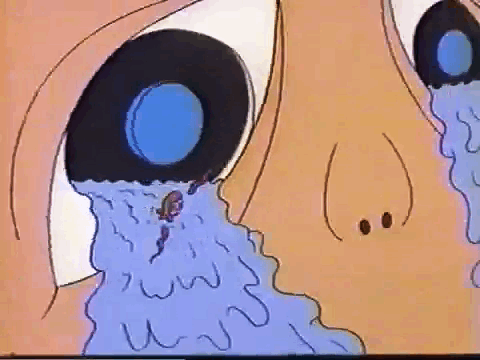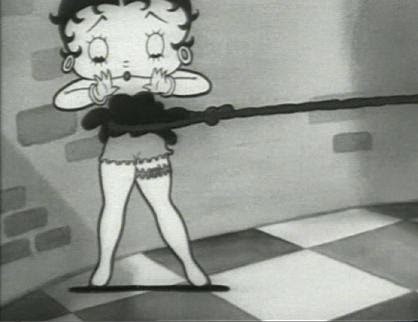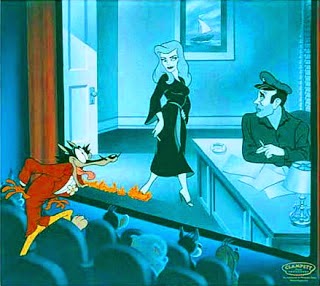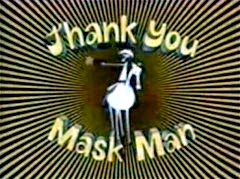Oddball Films welcomes Animation Historian, Author and Professor Karl Cohen for our Cinema Soiree Series, a monthly soiree featuring visiting authors, filmmakers and curators presenting and sharing cinema insights. Forbidden Animation spans sixty years of animated works banned because of their sexual innuendo, political points-of-view and racial undertones. From pre-code cartoons and works banned by the Hays office (1934-1968) to those more contemporary works found too offensive within the industry itself; this collection, curated and presented by animation historian and the author of Forbidden Animation: Censored Cartoons and Blacklisted Animators, Karl Cohen is an enlightening trip down the road of censorship. From Betty Boop, Flip the Frog and Mi©key Mouse to works by Chuck Jones (Spies), Bob Clampett (Bacall to Arms) and Tex Avery (Little Tinker), to the more modern efforts of Vince Collins (Malice in Wonderland), Jeff Hale (Thank You Mask Man) and George Griffin (The Club), audiences will discover forbidden animation that moves from the risque to the risky. Other shorts include Plane Crazy (1928), Sinking in the Bathtub (1930), Chess Nuts (1932), The Adventures of Super Screw (1965) and more!

Admission: $10.00, limited seating RSVP to: 415-558-8117 or RSVP@oddballfilm.com



Karl Cohen has been teaching animation history at SF State for over two decades, is the president of ASIFA-SF, the Bay Area's chapter of an international animation association, and he is the author of hundreds of serious articles about animation that have been published in dozens of publication including the Guardian in England, books published in the US, China and other countries and in dozens of film magazines and newsletters. He is currently writing a book on the use of propaganda in America.



